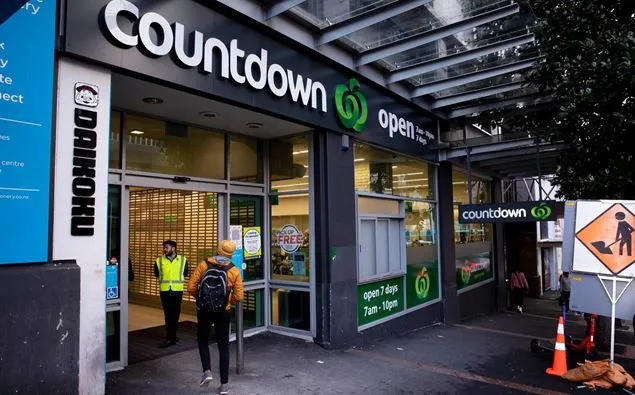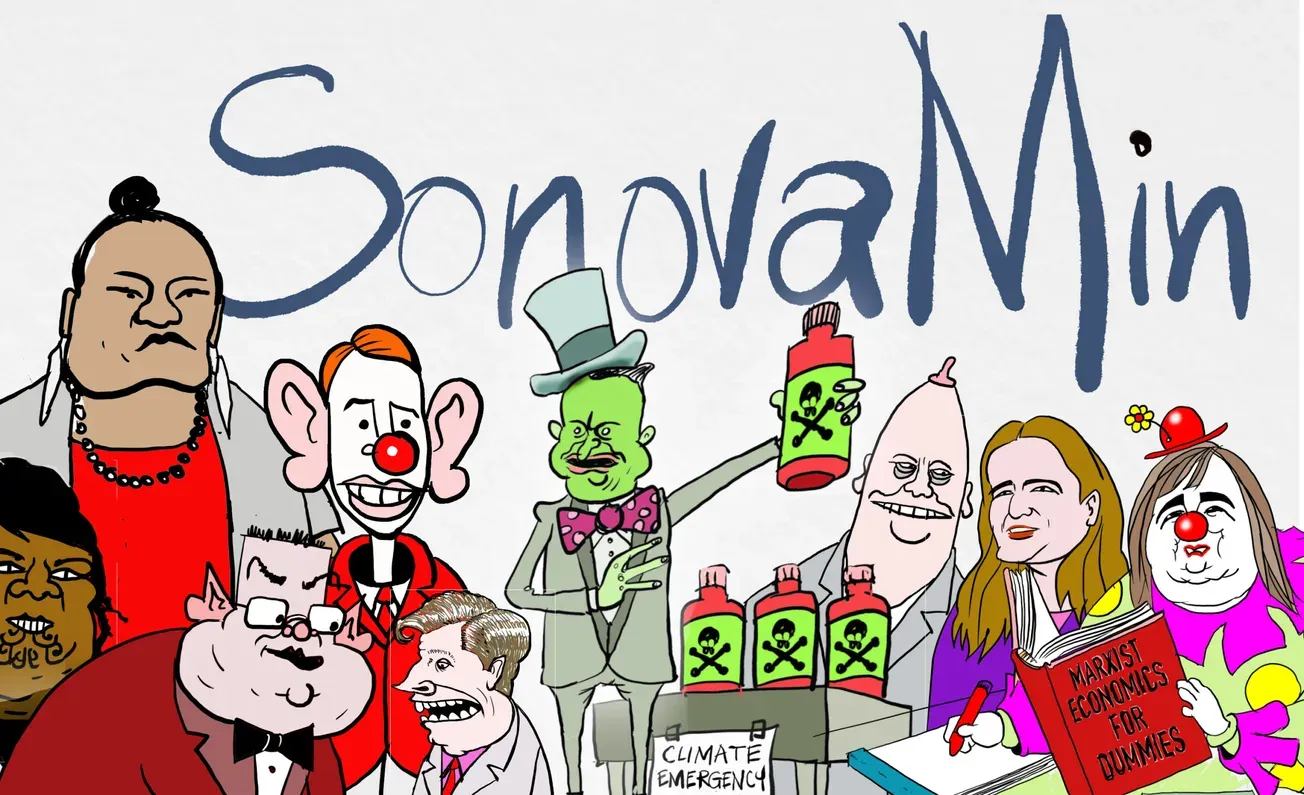Table of Contents
I always tell anyone who asks that the battle for equal opportunity was won in the 1970s. By then, employers had no right to fail to employ anyone on the basis of gender, religion, race or colour. These rules have existed in the Western world for decades; in New Zealand, equal opportunities legislation was introduced in 1972. Yes, it has been 48 years since anyone was allowed to discriminate in any way when filling a role within their organisation.
For us, there was never any discrimination as such. We would employ the best candidate that turned up for an interview. That is, in fact, how most employers operate. So a woman can claim that she was overlooked because the employer chose a man instead, but she had better be ready to prove that she was better qualified, had better work experience and is also in a better family position to take on the role.
But things have now gone full circle. Recently, Countdown supermarkets announced that they intend to have 20% of their store management roles filled by Maori and Pasifika personnel by 2025. But they cannot do this, because such actions are in breach of the Equal Employment Opportunities Act 1972.
Excuse me for finding this funny. There is nothing wrong with wanting to promote Maori and Pacific Island workers into management positions in the organisation… except for the teeny matter of it being a racist policy, that was outlawed 48 years ago.
Nobody thought of this, of course. In the race to outwoke and out virtue signal one another, Countdown never gave a moment’s thought to the fact that their policy is actually racist. All those rules were put in place to ensure all that all those ‘privileged’ white people didn’t get all the good jobs. Nobody thought for one second that the equal opportunities laws would protect old whitey as well.
It is, however, stupid and shortsighted of Countdown to adopt such a policy, even if virtue signalling is their primary purpose. Business does not work this way. This isn’t the public service, parliament or local government, who clearly employ on the basis of race, gender or sexual orientation. Supermarkets have to make money, and to do that they must employ the best people they can get. Far be it from me to say that there are no good candidates among Maori and Pacific people, but to actually state that it is a policy to employ them in preference to others means that they may end up with store managers who are not up to the job. This may happen anyway, but if qualifications and relevant experience are not the primary qualities sought for these roles, there is a distinct danger that this policy will do the supermarket chain more harm than good. It is a badly thought out policy that could well backfire on organisations that need to make money to survive.
What Countdown should have done is to adopt this policy but keep quiet about it and then proudly announce in 2025 that 20% of their management team are of Maori or Pacific Island descent. But no one ever does virtue signalling quietly. Now they are probably facing a raft of litigation from failed management candidates who are not Maori or Pasifika. After all, if they have come out and said this is to be their policy, expect a lot of applicants of other racial groups to feel aggrieved if they fail to land a management job.
I thought all this nonsense was behind us, but clearly not. All the promises of making parliament 50% female, 50% transgender and 50% Muslim seem to have fallen by the wayside, although there are more women than ever before. This is because more women are choosing to go into politics, not because of any race or gender based policies. No one can force women into politics if they don’t want to go. However, Countdown, who should know better than to risk its business by employing people for reasons other than skills and competency, have taken an enormous step backwards. One way or another, this policy will cost them dearly. But what can you say? Get woke, go broke? Yep. That’s the one.
Please share this article with others so they can discover The BFD








